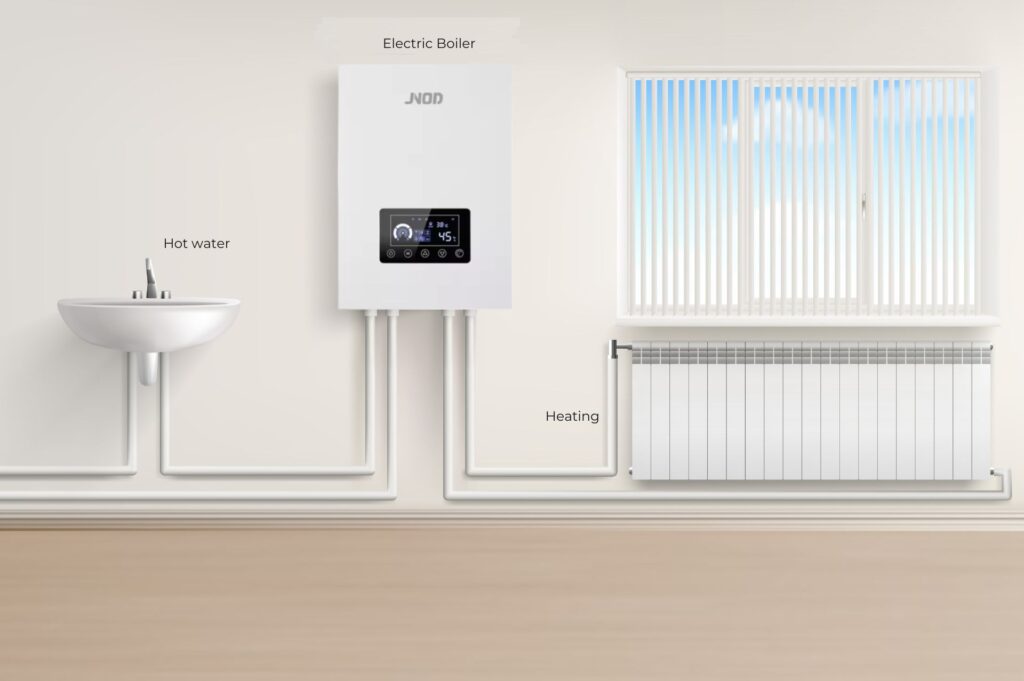
Something you Need to Know about Electric Boilers Electricity Consumption
Electric boilers are becoming increasingly popular for heating homes and commercial spaces, but understanding their energy consumption is critical to managing costs and optimizing performance. Several factors, including power rating, heating demand, run time, and efficiency, can affect electricity usage. Below, we’ll discuss these electricity consumption considerations and explore how they affect electric boiler costs.
Power Rating and Its Impact on Electricity Consumption
The power rating, measured in kilowatts (kW), determines how much electricity the boiler uses. Boilers range from 3 kW to 36 kW or more, with higher ratings consuming more energy.
For example:
- A 10 kW electric boiler running for 5 hours uses 10 kW × 5 hours = 50 kWh of electricity.
- Larger spaces or higher heating requirements necessitate higher-rated boilers, which increases electricity consumption and electric boiler costs.
Heating Demand and Electricity Consumption
Heating demand varies based on the size of the space, insulation quality, and climate. A well-insulated small home will have a lower electricity consumption and electric boiler costs than a larger, less efficient building.
Key factors affecting heating demand include:
- Climate conditions in your area.
- The level of insulation in walls and windows.
- Size and layout of the building.
Efficiency of Electric Boilers
Efficiency directly impacts electricity consumption and electric boiler costs. Most electric boilers operate at nearly 100% efficiency, converting electricity into heat with minimal waste.
However, performance can vary:
- High-efficiency models reduce energy use and lower costs.
- Poor installation or maintenance can lead to higher electricity consumption.
Calculating Electric Boiler Electricity Consumption
To estimate the operational electricity consumption of an electric boiler:
- Determine electricity consumption in kilowatt-hours (kWh).
Electricity Consumption (kWh) = Boiler Power (kW) × Hours of Operation - Multiply the total kWh by your electricity rate.
For example:
- A boiler using 50 kWh daily at $0.15 per kWh costs:
50 kWh × $0.15 = $7.50 per day
This calculation helps you monitor and manage the electric boiler costs effectively.
Conclusion
Understanding the electricity consumption of an electric boiler helps you estimate operating expenses and manage energy efficiency. By evaluating factors like power rating, run time, and heating demand, you can better anticipate the total electric boiler costs for your space.
For precise calculations or tailored advice, consult your boiler manufacturer’s specifications or an HVAC professional. Making informed choices ensures your electric boiler runs efficiently and cost-effectively.
